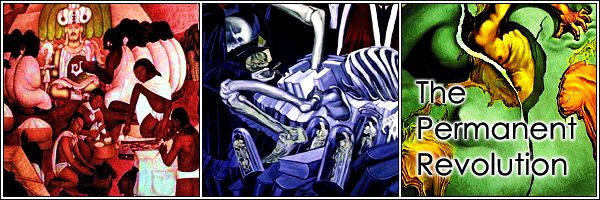The Suez War

I watched a three-party documentary, "Suez" (with a needless subtitle), on that 1956 crisis and the war that pitted Britain, France and Israel against the Gamal Nasser’s Egypt. I already knew a little about the events but the documentary struck me for three reasons.
The first was how boneheaded the entire plan was. Militarily, it was perfectly feasible for Britain and France to use an Israeli attack on Egypt as an excuse to seize the Suez Canal. But I have trouble fathoming the aim. Nasser had promised to compensate the stockholders of the Suez Canal Company and neither attempted nor threatened to stop trade through the canal. The French premised the operation on Nasser’s rhetorical support for the Arab uprising in Algeria (then controlled by France and the home of 1 million Europeans). However, material support in the form of weapons, munitions and funds was minute. The Algerian revolutionaries would often bitterly comment on this, noting that the Soviets were similarly stingy despite all the rhetoric about world-solidarity, with only Mao Zedong’s China (curiously enough) giving any substantial aid.
They did not seem then to have any real reason for a fight, or anything to gain. Even if all the Franco-British dreams came true, and Nasser were toppled internally following the defeat of the Egyptian Army around the Canal, they would be the proud owners of a military base at Suez, as they did in the early 1950s, which had to be abandoned in the first place because with 80,000 troops it was exorbitantly expensive. The real motive of the operation, it seems to me, was not material interest but the offense they had taken. Neither the British nor the French, still in the transition to postcolonial values, could stand by as an “uppity wog,” a “sale raton” insulted them and flaunted them publicly. They had to put him back in his place.
The second was the interviews of veterans of the operation and in particular those of British soldiers. The documentary is worth watching for that reason alone as these septegenarians describe, as though it was yesterday, the excitement and terror they lived through, the awe they felt in the presence of massed Anglo-French naval and air power, or the disgust at the death and destruction they witnessed. It had always seemed to me as a relatively ‘clean’ little war. But I was struck in particular by the testimony of two veterans who described the brutality of the paratrooper units they were part of. One explained:
I know the expression “take no prisoners”. We didn’t take prisoners. Paras don’t take prisoners. Didn’t then. Because you didn’t. You haven’t got the men. You haven’t got the men to guard them. You know there’s another problem. This is not an order it’s just a thing. You’re out to survive. You are a few hundred, very small few hundred, against potentially thousands. And something’s going to be in the way. It’s going to be a problem. Get rid of the problem.

Bitter Victory at Port Said.
And another veteran says:
I saw so many Egyptians that were essentially executed. For no particular reason. I’m pretty sure that if we’d just kicked their asses they would have run home. I felt sick I really did. I felt utterly sick. And on a couple of occasions I remonstrated and asked “why?” And I was told to fuck off and mind my own business.I had assumed that atrocities by well-paid and well-trained professional Western soldiers occurred only really under duress. There might be intractable fighting for weeks or months against an insurgency and an inability to separate civilians and fighters. Then, with all the frustrations and hatreds this is likely to lead to, some soldiers might forgo the rules of war and let loose on unarmed civilians or captured soldiers. I didn’t think such things could occur as soon as they did in Suez: the very first days of a war.
The third was strange image of France and Britain as warrior nations, great powers in their own right, and pursuing their own ambitions, ready to fight wars to do so. Indeed, France had spent the last decade in a permanent state of warfare, with hundreds of thousands of soldiers, many of them elite forces, in pitiless and brutal fighting against intractable guerrillas and terrorists in Indochina and Algeria. As a result, one British paratrooper who was dropped near the Canal with French forces recalls that the ‘French with their great experience carried their weapons through their harnesses. We weren’t allowed to in case they got caught up in rigging lines or somebody else’s rigging lines.’ Another soldier recalls with enthusiasm his awe at seeing massed Anglo-French naval power:
I recognized that this was a serious enterprise when I went up one morning and I saw this vast armada, mainly of French battleships and aircraft carriers all around. And it was quite clear you know, that this was a second D-Day almost. We were definitely going to do it.

Another age...
This reads something from another age. 50 million British and 50 million Frenchmen were living with the illusions of another time, as though there were no superpowers, as though the great postcolonial nations like India, China and Egypt counted for nothing, as though they could keep the desperate masses of African and Asia under their formal domination in perpetuity. The whole adventure, of course, was brought to an end by the American President Dwight Eisenhower. Putting pressure on the British pound, the British government buckled and called for a ceasefire. The British learning that the Americans needed to be assuaged, the French that they needed to be kept at arm's length, the two nations finding symmetry in their shared impotence. And that is the world I am more familiar with.
Labels: Egypt, France, Great Britain, Suez War



0 Comments:
Post a Comment
<< Home